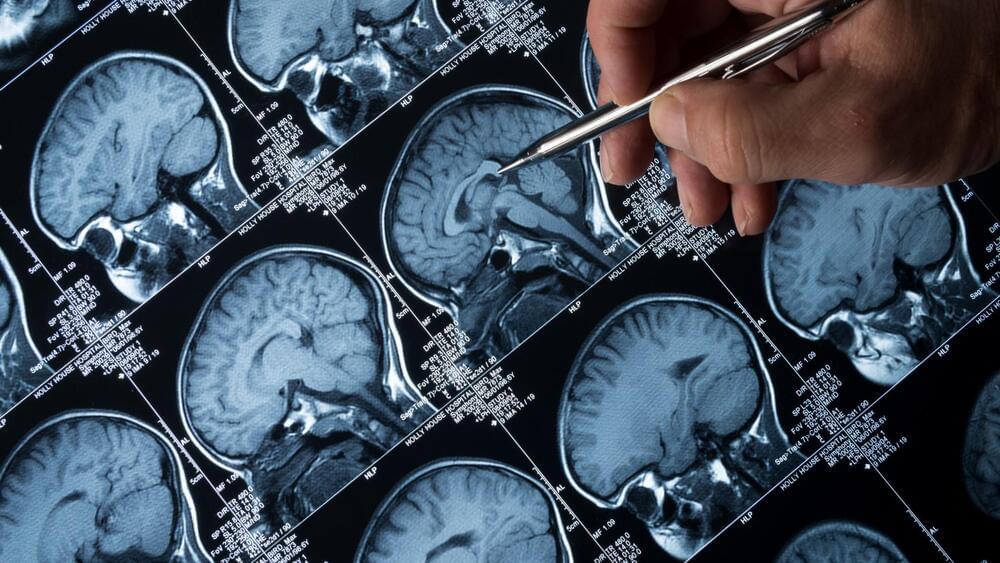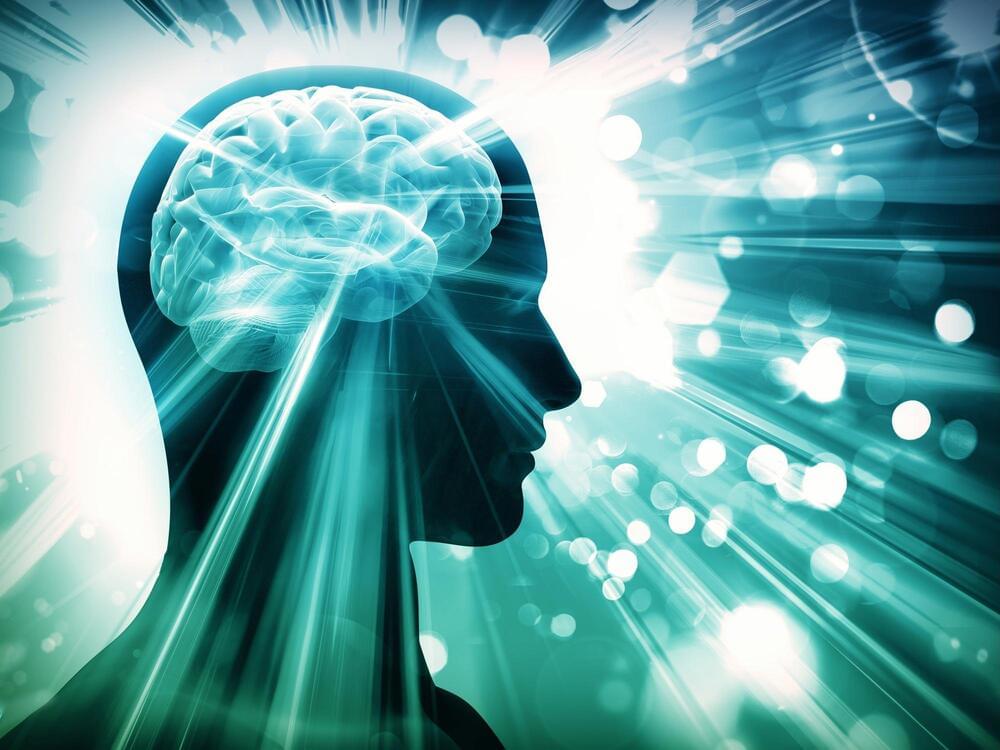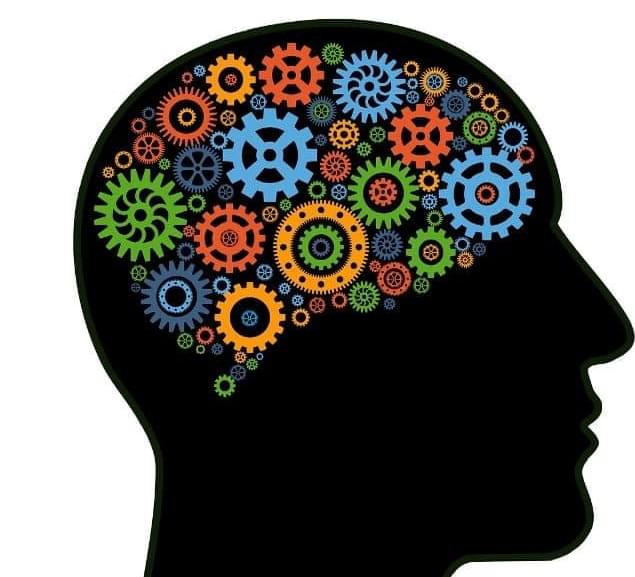
Category: neuroscience – Page 807

The CIA Proves Manifestation Is REAL
✅ AUDIO PROGRAMS — https://bit.ly/3w7mRjt.
This is one of the most interesting reads I’ve come across. It’s rather complex and takes a while to digest but it’s 100% worth it.
It’s an official declassified CIA document and a terrific analysis of consciousness and beyond – known as the Gateway Process.
While it’s an older document and declassified for a while now, the fact that modern developments in science, quantum physics, psychedelics, and neurobiology confirm what’s written within those pages is nothing short of outstanding.
It explains consciousness in a profound and analytical way and merges knowledge from mystics from Hindu, Buddhist, and Tibetan cultures to contemporary scientific knowledge of Planck distance, Einstein’s theory of relativity, and the works of Nils Bohr.
The cosmic spiral & torus is everything, and everything is one. It seems as though individual consciousness is pulled from the collective consciousness using the frequency/vibrations of the being. This applies to humans, whales, fungus, and amoeba.
Mystics of past and present including all ancient religions understood these concepts thousands of years ago. Still, it takes much to open the minds of the most pragmatic, self-conscious, and uptight people.
👉🏼 For more information on this topic, visit The Monroe Institute website: https://www.monroeinstitute.org/
👉🏼 Link to the document: https://www.cia.gov/readingroom/docs/CIA-RDP96-00788R001700210016-5.pdf.
Footage: Videoblocks and Artgrid.
Music: Epidemic Sound and Audiojungle.
References used under Fair Use Law.
📩 For any concerns or business inquiries, please contact us at: [email protected].
AFFILIATE DISCLOSURE: there may be a few links in this description that, at no cost to you, will earn us a commission if you choose to click them and make a purchase.
Don’t worry, we only recommend products we know and trust.

Locusts can detect cancer in humans
A new study led by Michigan State University (MSU) has found that locusts can reliably detect through smell a variety of human cancers. The insects can not only “smell” the difference between healthy and cancerous cells, but they can also distinguish between different cancer cell lines. These findings could provide a basis for devices which use locust sensory neurons to enable the early detection of cancer by using only biomarkers in a patient’s breath.
“Noses are still state of the art,” said study senior author Debajit Saha, an assistant professor of Biomedical Engineering at MSU. “There’s really nothing like them when it comes to gas sensing. People have been working on ‘electronic noses’ for more than 15 years, but they’re still not close to achieving what biology can do seamlessly.”
Cancer cells function differently from healthy ones, and create different chemical compounds as they grow. If these chemicals reach the lungs or airways – which happens in most types of cancer – they can be detected in exhaled breath. “Theoretically, you could breathe into a device, and it would be able to detect and differentiate multiple cancer types and even which stage the disease is in. However, such a device isn’t yet close to being used in a clinical setting,” Professor Saha explained.

The future of brain-computer interfaces | Bryan Johnson and Lex Fridman
Great talk on BMIs, the future of life and intelligence:
Lex Fridman Podcast full episode: https://www.youtube.com/watch?v=1YbcB6b4A2U
Please support this podcast by checking out our sponsors:
- Four Sigmatic: https://foursigmatic.com/lex and use code LexPod to get up to 60% off.
- NetSuite: http://netsuite.com/lex to get free product tour.
- Grammarly: https://grammarly.com/lex to get 20% off premium.
- ExpressVPN: https://expressvpn.com/lexpod and use code LexPod to get 3 months free.
GUEST BIO:
Bryan Johnson is the founder and CEO of Kernel, OS Fund, and previously Braintree.
PODCAST INFO:
Podcast website: https://lexfridman.com/podcast.
Apple Podcasts: https://apple.co/2lwqZIr.
Spotify: https://spoti.fi/2nEwCF8
RSS: https://lexfridman.com/feed/podcast/
Full episodes playlist: https://www.youtube.com/playlist?list=PLrAXtmErZgOdP_8GztsuKi9nrraNbKKp4
Clips playlist: https://www.youtube.com/playlist?list=PLrAXtmErZgOeciFP3CBCIEElOJeitOr41
SOCIAL:

Stanford Neuroscientist: Rejuvenating Aging Brains
The Neuro-Network.
𝐒𝐭𝐚𝐧𝐟𝐨𝐫𝐝 𝐍𝐞𝐮𝐫𝐨𝐬𝐜𝐢𝐞𝐧𝐭𝐢𝐬𝐭: 𝐑𝐞𝐣𝐮𝐯𝐞𝐧𝐚𝐭𝐢𝐧𝐠 𝐀𝐠𝐢𝐧𝐠 𝐁𝐫𝐚𝐢𝐧𝐬
𝙎𝙩𝙖𝙣𝙛𝙤𝙧𝙙 𝙣𝙚𝙪𝙧𝙤𝙨𝙘𝙞𝙚𝙣𝙩𝙞𝙨𝙩 𝙏𝙤𝙣𝙮 𝙒𝙮𝙨𝙨-𝘾𝙤𝙧𝙖𝙮, 𝙋𝙝𝘿, 𝙝𝙖𝙨 𝙨𝙥𝙚𝙣𝙩 20 𝙮𝙚𝙖𝙧𝙨 𝙙𝙞𝙨𝙘𝙤𝙫𝙚𝙧𝙞𝙣𝙜 𝙖𝙣𝙙 𝙞𝙣𝙫𝙚𝙨𝙩𝙞𝙜𝙖𝙩𝙞𝙣𝙜 𝙫𝙖𝙧𝙞𝙤𝙪𝙨 𝙢𝙤𝙡𝙚𝙘𝙪… See more.
Stanford neuroscientist Tony Wyss-Coray has spent 20 years unearthing and examining various molecules with neuroprotective and neurodegenerative properties.
Stanford neuroscientist Tony Wyss-Coray, PhD, has spent 20 years discovering and investigating various molecules with neuroprotective and neurodegenerative properties. These molecules are found in or on different cell types in the brain and on the blood vessels abutting it or floating in the blood and the cerebrospinal fluid that bathes it. As we age they become increasingly important.
Wyss-Coray and his colleagues have discovered substances in blood that can accelerate or slow down the brain-aging clock. They’ve identified proteins on blood-vessel surfaces through which some of these molecules can act on the brain, despite the existence of the blood-brain barrier. He’s even shown that older mice look and act younger after receiving young mouse cerebrospinal fluid.

Scientists Find a Key Brain Difference Between Primates and Other Animals
A multinational research team has now been able to increase their understanding of species-specific variations in the architecture of cortical neurons thanks to high-resolution microscopy.
Researchers from the Developmental Neurobiology research group at Ruhr-Universität Bochum, led by Professor Petra Wahle, have demonstrated that primates and non-primates differ in an important aspect of their architecture: the origin of the axon, which is the process responsible for the transmission of electrical signals known as action potentials. The results were recently published in the journal eLife.

Neocortical pyramidal neurons with axons emerging from dendrites are frequent in non-primates, but rare in monkey and human
Archived histological material from tracing studies, immunohistochemistry, and Golgi impregnations allowed to discover a so far unrecognized structural difference, potentially of functional importance, between neocortical pyramidal neurons of rodent, carnivore, and ungulate as compared to monkey and man.

New Insights Into Retinal Neurons
Summary: Researchers have identified a new type of retinal ganglion cells.
Source: Northwestern University.
Northwestern Medicine investigators have identified a new type of retinal ganglion cell, the neurons in the retina that encode the visual environment and transmit information back to the brain, according to a study published in Neuron.

To Better Understand the Brain, Look at the Bigger Picture
Summary: Zooming out to image larger areas of the brain while using fMRI technology allows researchers to capture additional relevant information, offering a better understanding of neural interplay.
Source: Yale.
Researchers have learned a lot about the human brain through functional magnetic resonance imaging (fMRI), a technique that can yield insight into brain function. But typical fMRI methods may be missing key information and providing only part of the picture, Yale researchers say.